Todd Michael receives $2 million to build a genome repository for the cassava plant
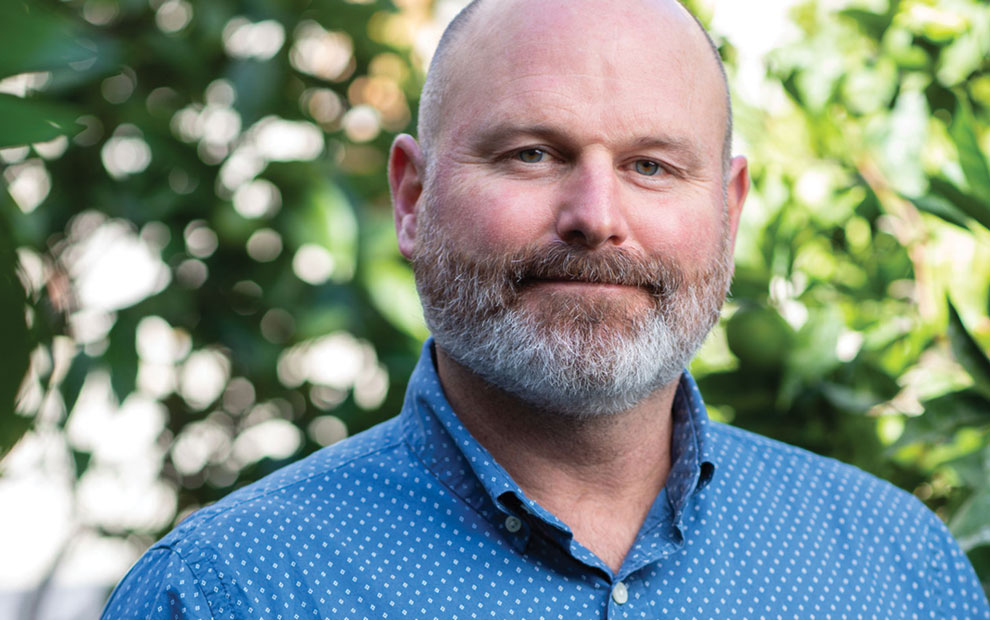

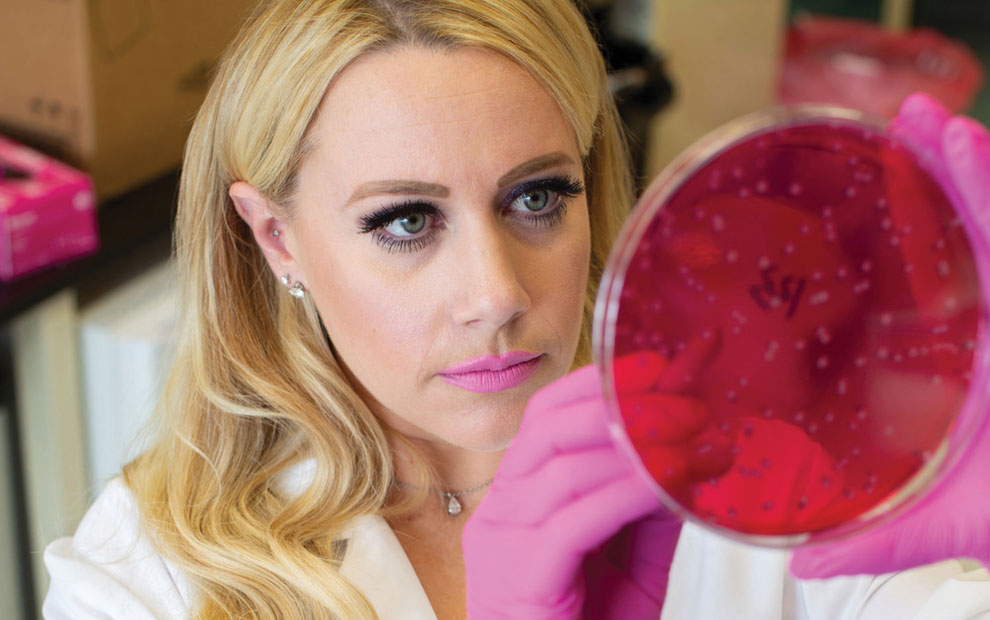
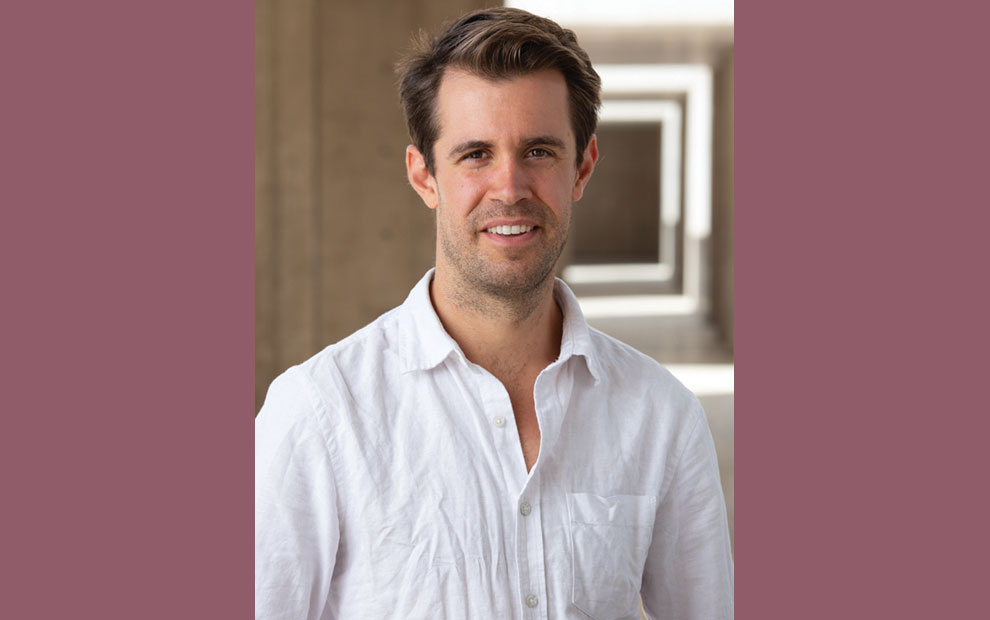
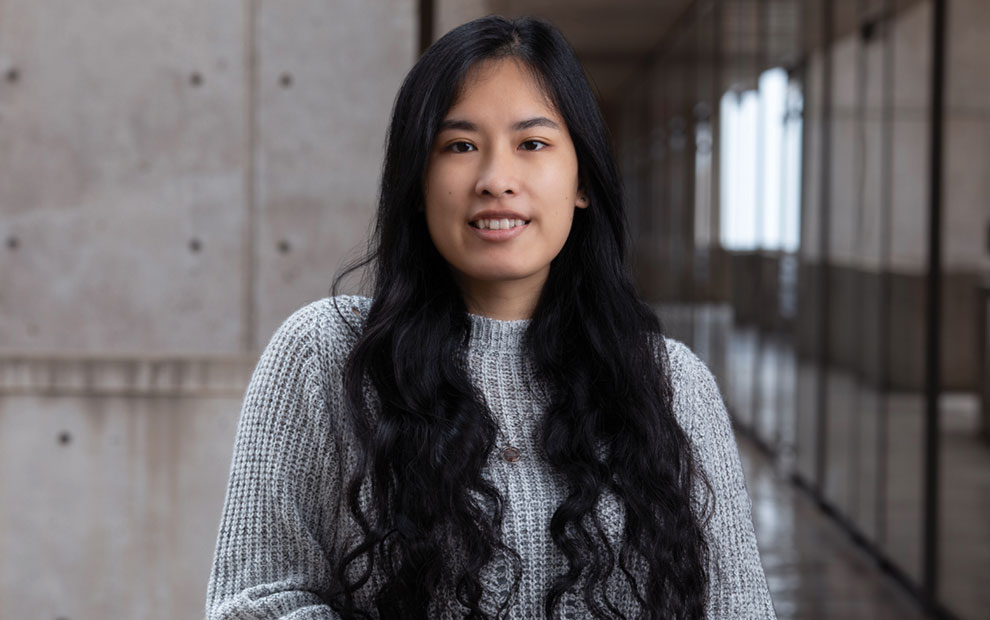
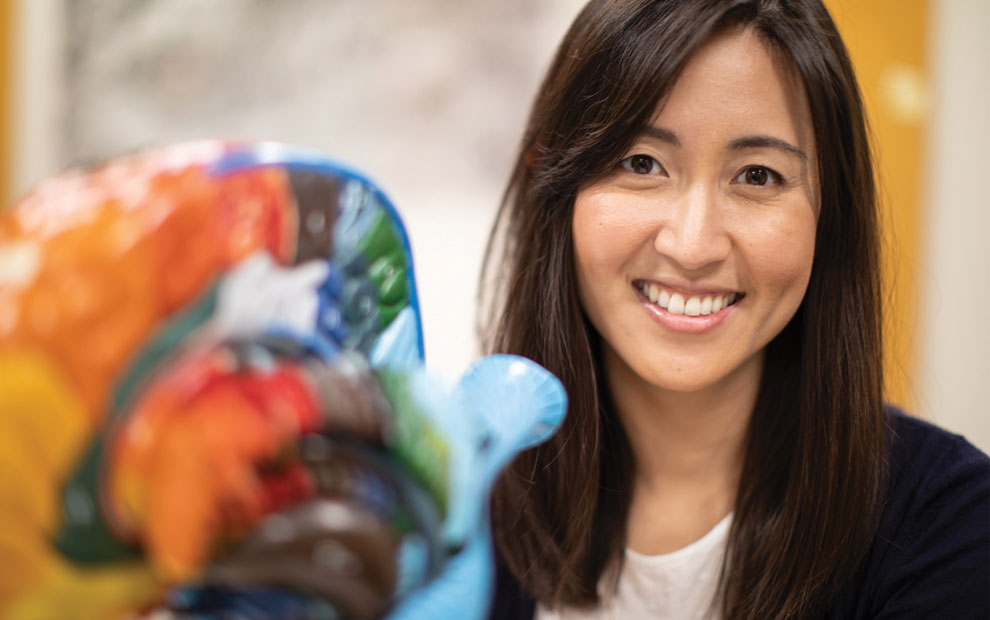
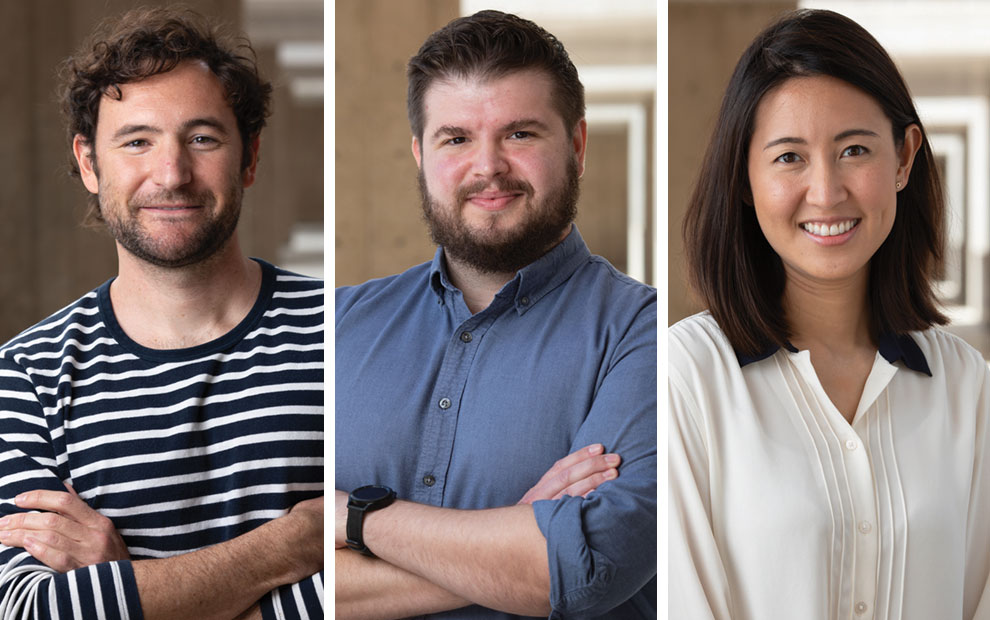
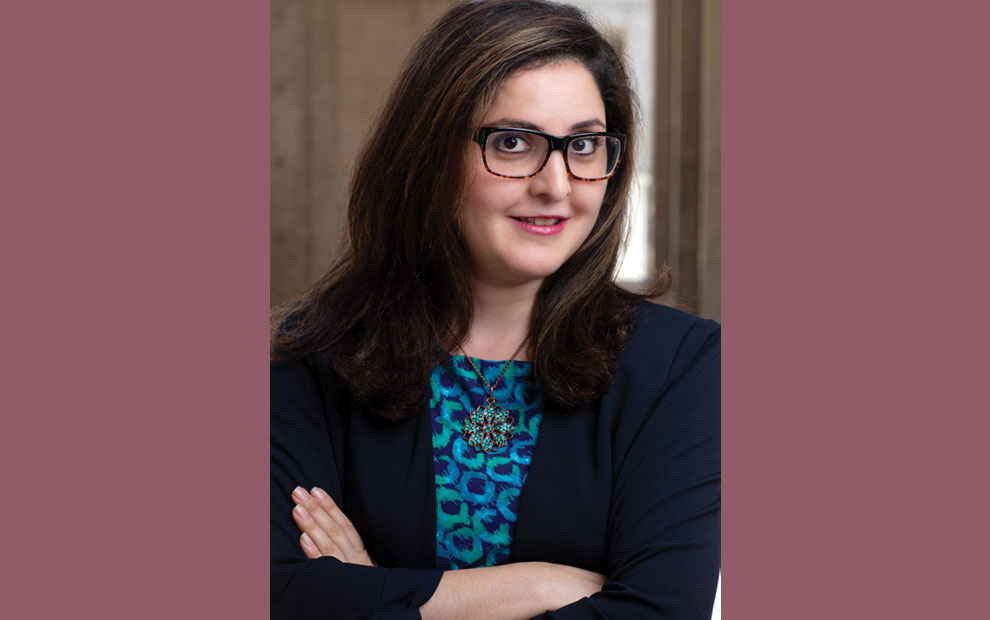
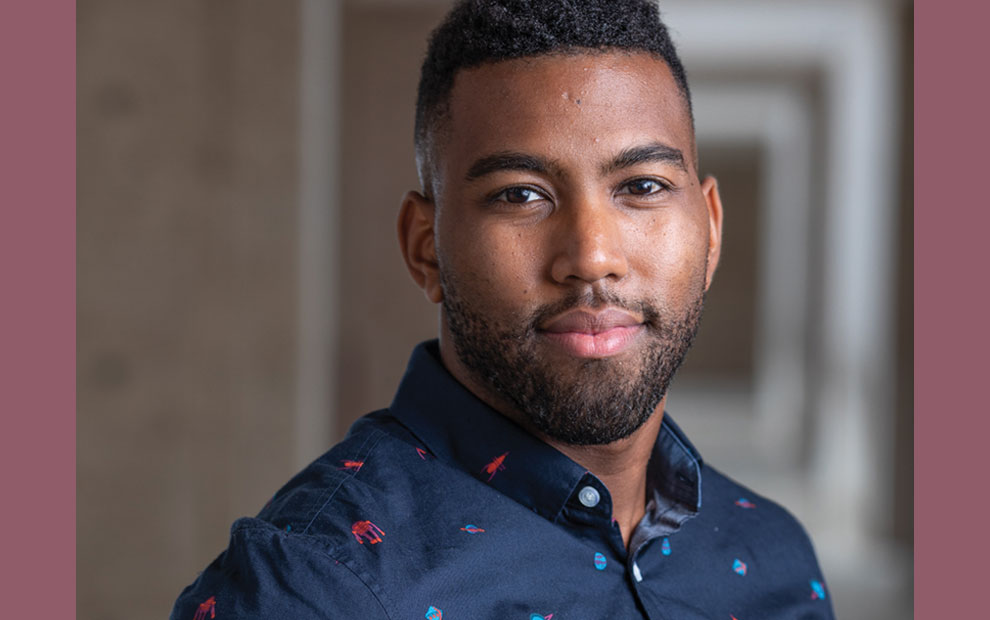
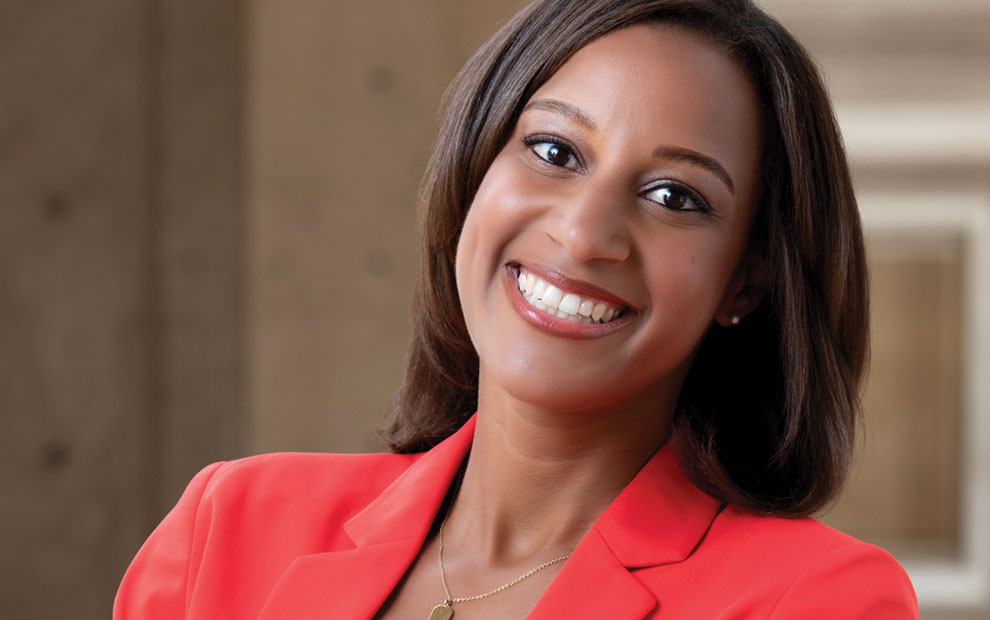
Assistant Professor Christina Towers uses a combination of DNA-editing techniques, light-based genetic manipulation (optogenetics), three-dimensional miniature organs (organoids), and detailed imaging to uncover how cancer cells recycle both their own nutrients and the power-generating structures called mitochondria to survive. Her goal is to uncover novel fundamental biology that will lead to new targeted cancer therapies that can block the cancer cell recycling pathways that allow these cells to survive.
For her accomplishments, Towers received several notable awards this year, including a $1.15 million Science Diversity Leadership Award from the Chan Zuckerberg Initiative, in partnership with the National Academies of Sciences, Engineering, and Medicine. The award recognizes outstanding early- to mid-career researchers who have made significant research contributions to the biomedical sciences, show promise for continuing scientific achievement, and promote diversity, equity, and inclusion in their scientific fields.
She was also awarded the $300,000 Young Investigator Award through Black in Cancer, an organization that aims to strengthen the network between Black people in the cancer space while highlighting Black excellence in cancer research and medicine in partnership with the Emerald Foundation, Inc.
Additionally, Towers is among six early-career scientists named Pew-Stewart Scholars. Each will receive $300,000 from the Alexander and Margaret Stewart Trust over the next four years to support research focused on a better understanding of the causes, diagnosis, and treatment of cancer.
She was also selected as one of nine scientists who will join the Keystone Symposia’s 2022 Class of Fellows, a group of outstanding biological and biomedical researchers.
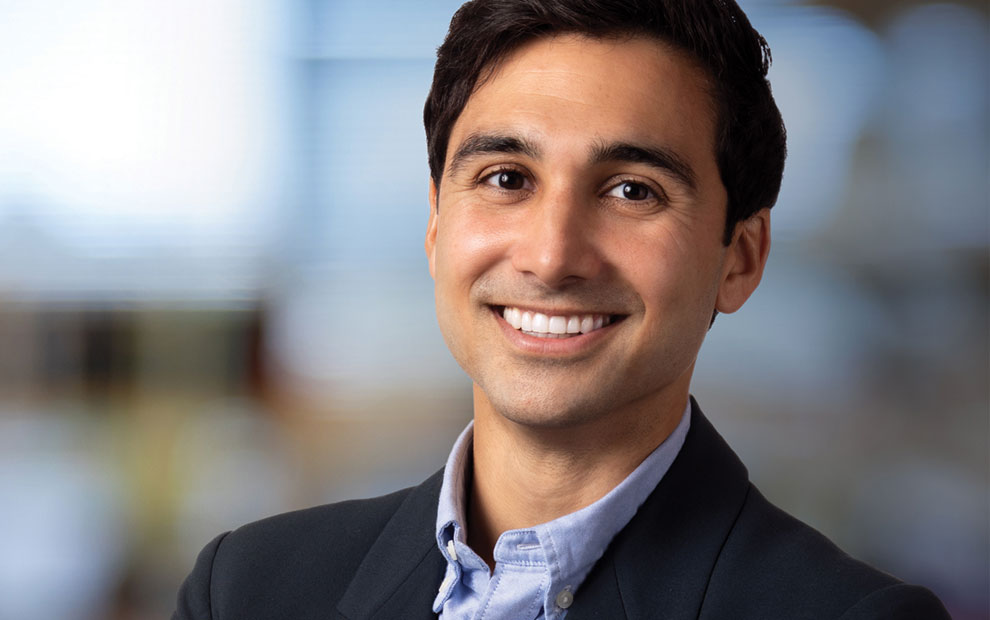
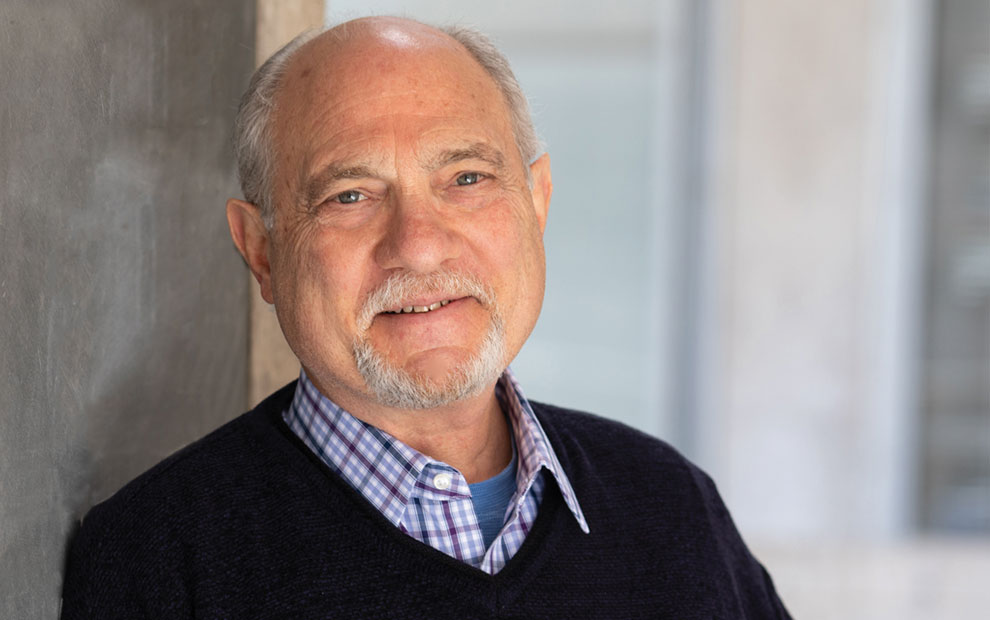
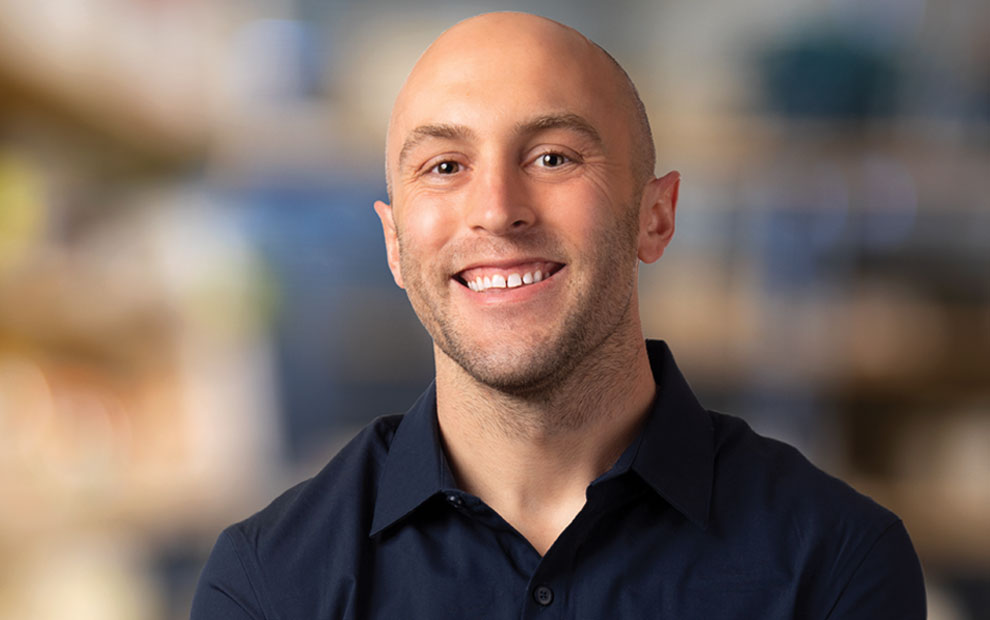
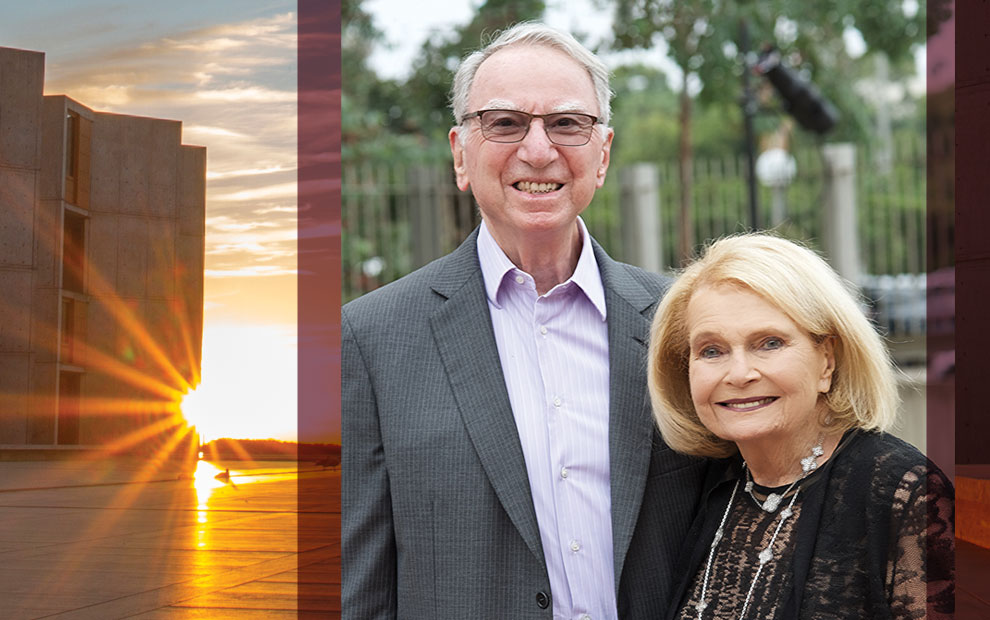
Salk’s Innovation Grants program, launched in 2006 from the forward-thinking minds of then Board Chair Irwin Jacobs and his wife, Joan, is designed to fund out-of-the-box ideas that hold significant promise but may not yet have the track record to attract attention from more traditional funding sources.
The Jacobs’ commitment of $8 million since the start of the Innovation Grants Program helped Salk secure additional philanthropic contributions from the Rose Hills Foundation, James Melcher and April Benasich, Fondation Ipsen, and Elizabeth Keadle. Since then, Salk researchers have gone on to leverage early results from Innovation Grant-funded research to access more substantial investments from the National Institutes of Health (NIH) BRAIN Initiative, the Keck Foundation, and other prominent grant-makers.
Awarded semiannually by peer review, Salk’s Innovation Grants program is critical to catalyzing emerging science with the power to redefine the future. At right are this year’s awardees.

Professors Janelle Ayres, Joseph Noel, and Christian Metallo will collaborate to determine if asymptomatic and symptomatic infected animals emit different chemicals—signals that help group mates respond to the infection. The methods they develop may help diagnose community spread of infectious diseases and develop new treatments based on emitted chemicals.

Professor Joanne Chory, Associate Professor Sreekanth Chalasani, and Staff Scientist Carl Procko will investigate the sensory proteins of plants to see if they are sensitive to high-frequency sound waves. The work could help scientists modify how plants behave in the presence of other plants and contribute to the growing body of research on “sonogenetics,” a method Chalasani developed for noninvasively controlling cells with sound waves. Their findings could also lead to new ways to treat conditions like chronic pain, epilepsy, and PTSD.

Professor Tony Hunter and team generated the first antibodies recognizing phosphorylated histidine (pHis), a protein modification that may play a role in cancer. Now, they will engineer the antibodies to bind even better to pHis proteins and use them to probe pHis function in health and disease.
Assistant Professor Sung Han will explore how single neurons orchestrate the release of different transmitters—glutamate versus neuropeptides, for example. With this idea, he and his lab are currently investigating the neuronal coding logic of transmitter co-transmission to encode various types of information. These studies will transform the field’s current understanding of neuronal communication.
The ease with which researchers can track body parts in motion, such as hands and feet, has improved in recent years due to advances in machine learning and computer vision. However, these methods still require researchers to manually label each body part, which is time-consuming and increasingly impractical as the number of labels on the body grows. Associate Professor Eiman Azim is now developing automated approaches to simultaneously track hundreds to thousands of points on the body. These methods will provide better ways to examine how brains control movement and insights into how neurodegenerative disease and injury disrupt behavior.
 Human Connection – How social interaction and isolation influence our physical and mental healthSalk neuroscientists study how our brains allow us to experience, interpret, and interact with the world around us. Many of these researchers are now studying not only the brain alone, but the brain in a social context.
Human Connection – How social interaction and isolation influence our physical and mental healthSalk neuroscientists study how our brains allow us to experience, interpret, and interact with the world around us. Many of these researchers are now studying not only the brain alone, but the brain in a social context.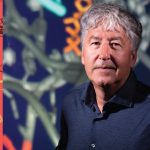 Gerald Joyce—An organizing forceJoyce was appointed Salk’s senior vice president and chief science officer in early 2022. Inside Salk sat down with him to learn about his research on the evolution of RNA, as well as the evolution of his career, science, and Salk.
Gerald Joyce—An organizing forceJoyce was appointed Salk’s senior vice president and chief science officer in early 2022. Inside Salk sat down with him to learn about his research on the evolution of RNA, as well as the evolution of his career, science, and Salk.
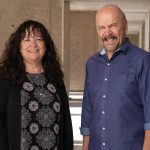 Salk scientists lead $126 million effort to map the aging human brainThe largest grant in Institute history has established the new Center for Multiomic Human Brain Cell Atlas to detail the many individual cells that make up the human brain—their molecular features, where they are found, and how they change with age.
Salk scientists lead $126 million effort to map the aging human brainThe largest grant in Institute history has established the new Center for Multiomic Human Brain Cell Atlas to detail the many individual cells that make up the human brain—their molecular features, where they are found, and how they change with age. A life in service to science and others: Walter Eckhart exemplified generosity and kindnessEckhart, professor emeritus and director of the Salk Institute’s National Cancer Institute-designated Cancer Center and head of the Molecular and Cell Biology Laboratory for more than 30 years, died on June 21, 2022, at his home in La Jolla, California, at the age of 84.
A life in service to science and others: Walter Eckhart exemplified generosity and kindnessEckhart, professor emeritus and director of the Salk Institute’s National Cancer Institute-designated Cancer Center and head of the Molecular and Cell Biology Laboratory for more than 30 years, died on June 21, 2022, at his home in La Jolla, California, at the age of 84.  Georg Heinrich “Heini” Thyssen-Bornemisza—Salk Institute mourns loss of influential former Board memberThyssen’s leadership and generosity helped accelerate scientific efforts at the Institute over the years, always with a focus on allowing Salk scientists to continue their pursuit of high-risk, high-impact research. He died on September 30, 2022.
Georg Heinrich “Heini” Thyssen-Bornemisza—Salk Institute mourns loss of influential former Board memberThyssen’s leadership and generosity helped accelerate scientific efforts at the Institute over the years, always with a focus on allowing Salk scientists to continue their pursuit of high-risk, high-impact research. He died on September 30, 2022. Mallory Zaslav—Valuing the differences in backgrounds and experiencesAs vice president of Diversity, Equity & Inclusion, Zaslav’s forward thinking and advocacy have given shape to a range of impact-driven programming and outreach, furthering Salk’s mission of bettering humanity by pushing the boundaries of innovation and discovery.
Mallory Zaslav—Valuing the differences in backgrounds and experiencesAs vice president of Diversity, Equity & Inclusion, Zaslav’s forward thinking and advocacy have given shape to a range of impact-driven programming and outreach, furthering Salk’s mission of bettering humanity by pushing the boundaries of innovation and discovery. Katia Troha—Discovering diets that boost survival during infectionGrowing up in Peru, Troha’s love of science was fueled by documentaries on groundbreaking studies like the first cloned mammal, Dolly the sheep. She is now a postdoctoral researcher in the Salk lab of Professor Janelle Ayres.
Katia Troha—Discovering diets that boost survival during infectionGrowing up in Peru, Troha’s love of science was fueled by documentaries on groundbreaking studies like the first cloned mammal, Dolly the sheep. She is now a postdoctoral researcher in the Salk lab of Professor Janelle Ayres.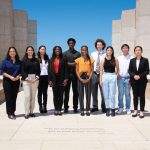 Heithoff-Brody High School Summer Scholars program paves the way for future scientistsFor more than 30 years, Salk’s Heithoff-Brody High School Summer Scholars program has provided hands-on laboratory experiences for local high school students interested in exploring careers in science, technology, engineering, and math.
Heithoff-Brody High School Summer Scholars program paves the way for future scientistsFor more than 30 years, Salk’s Heithoff-Brody High School Summer Scholars program has provided hands-on laboratory experiences for local high school students interested in exploring careers in science, technology, engineering, and math.Latest discoveries, events & more.